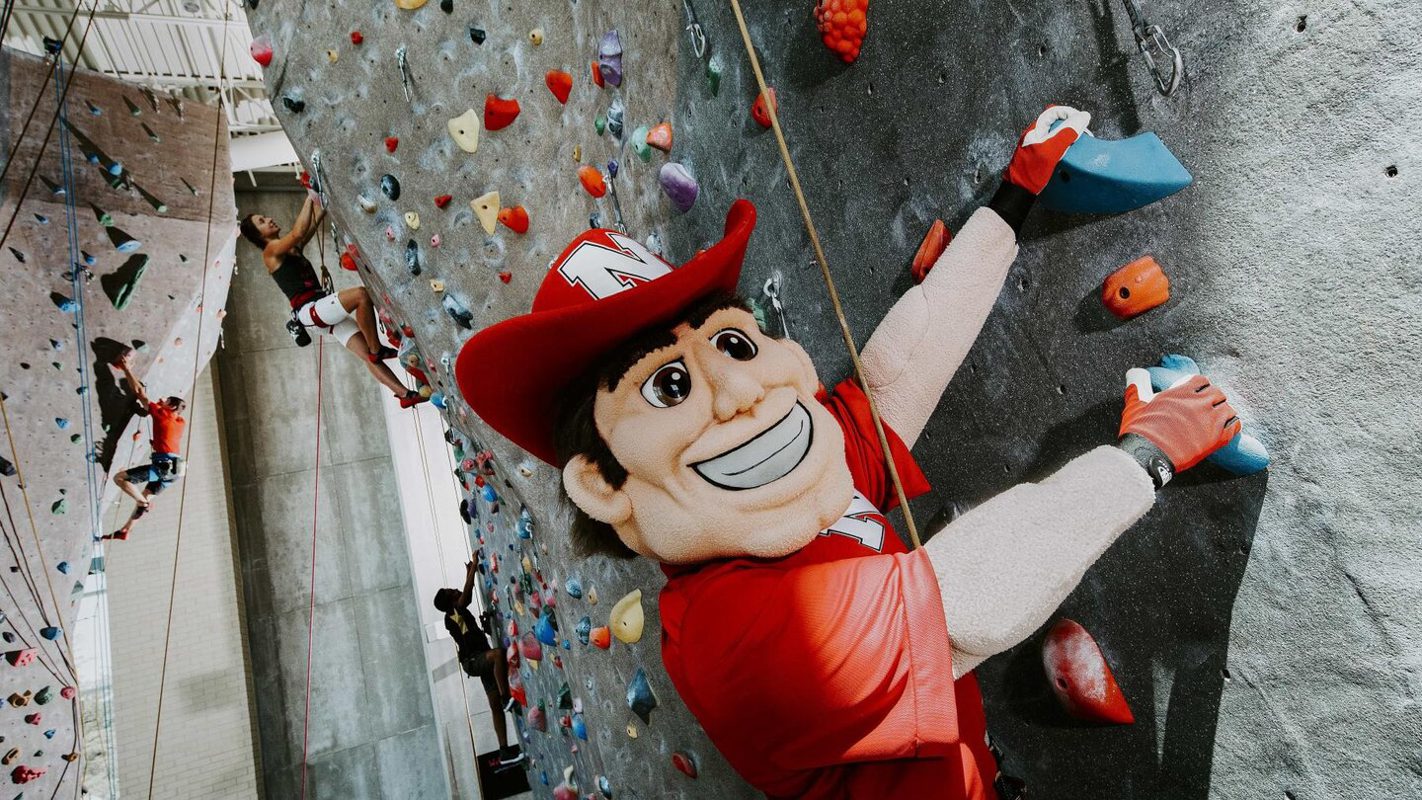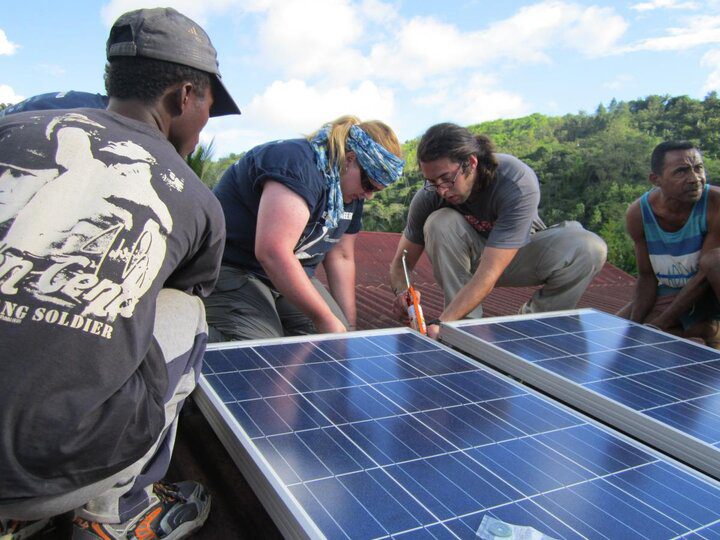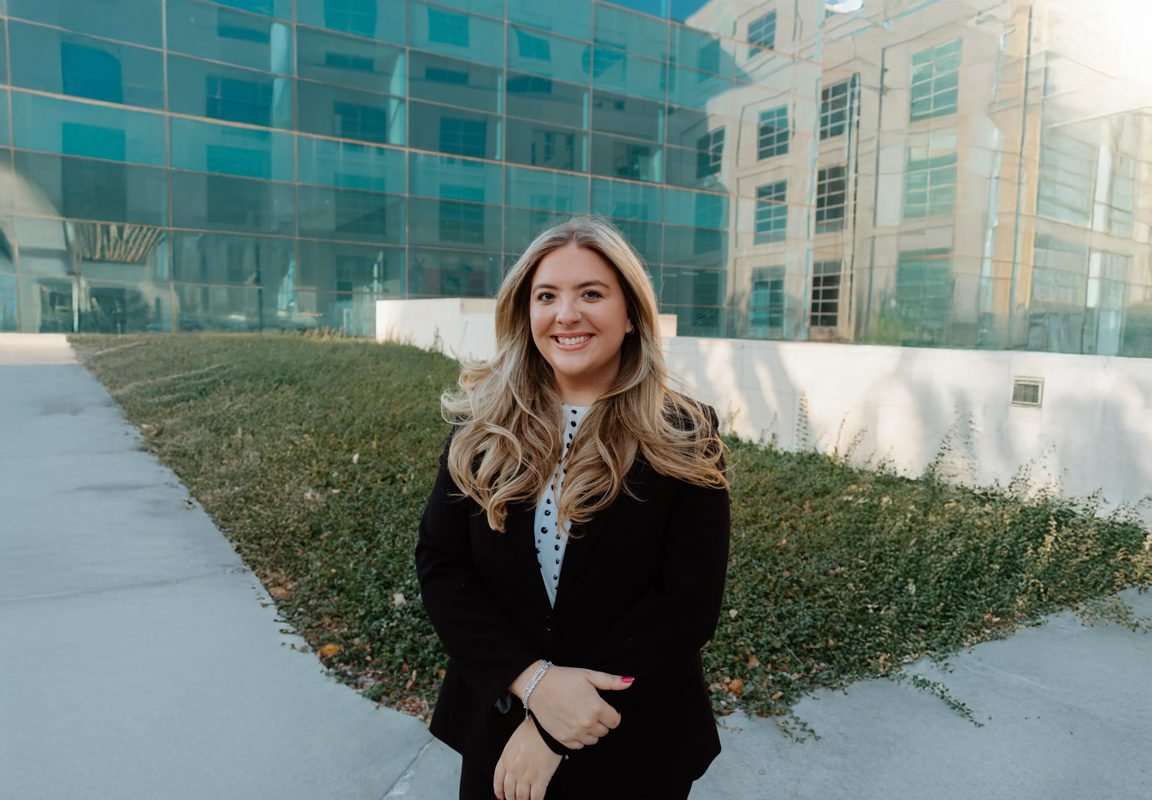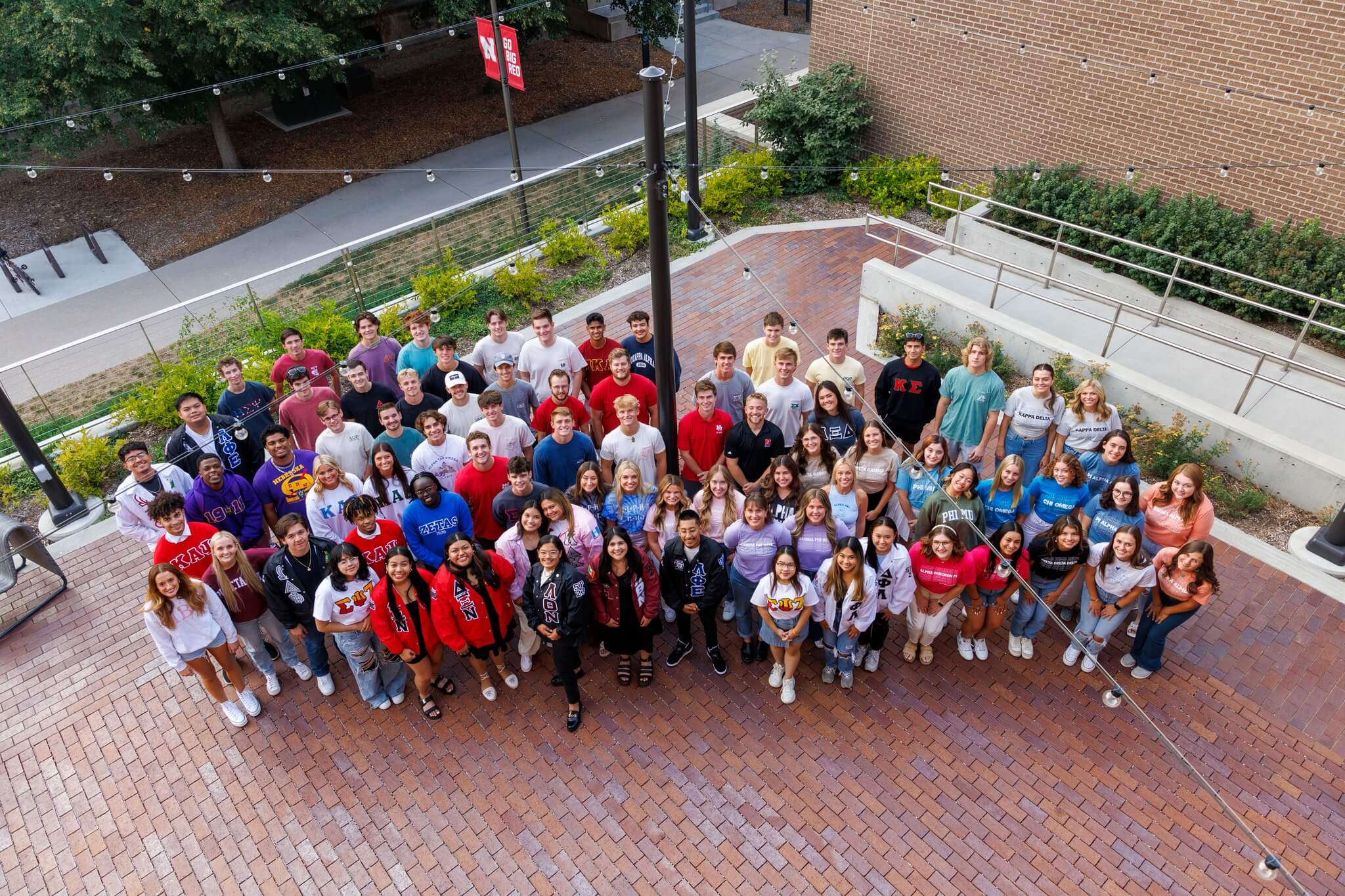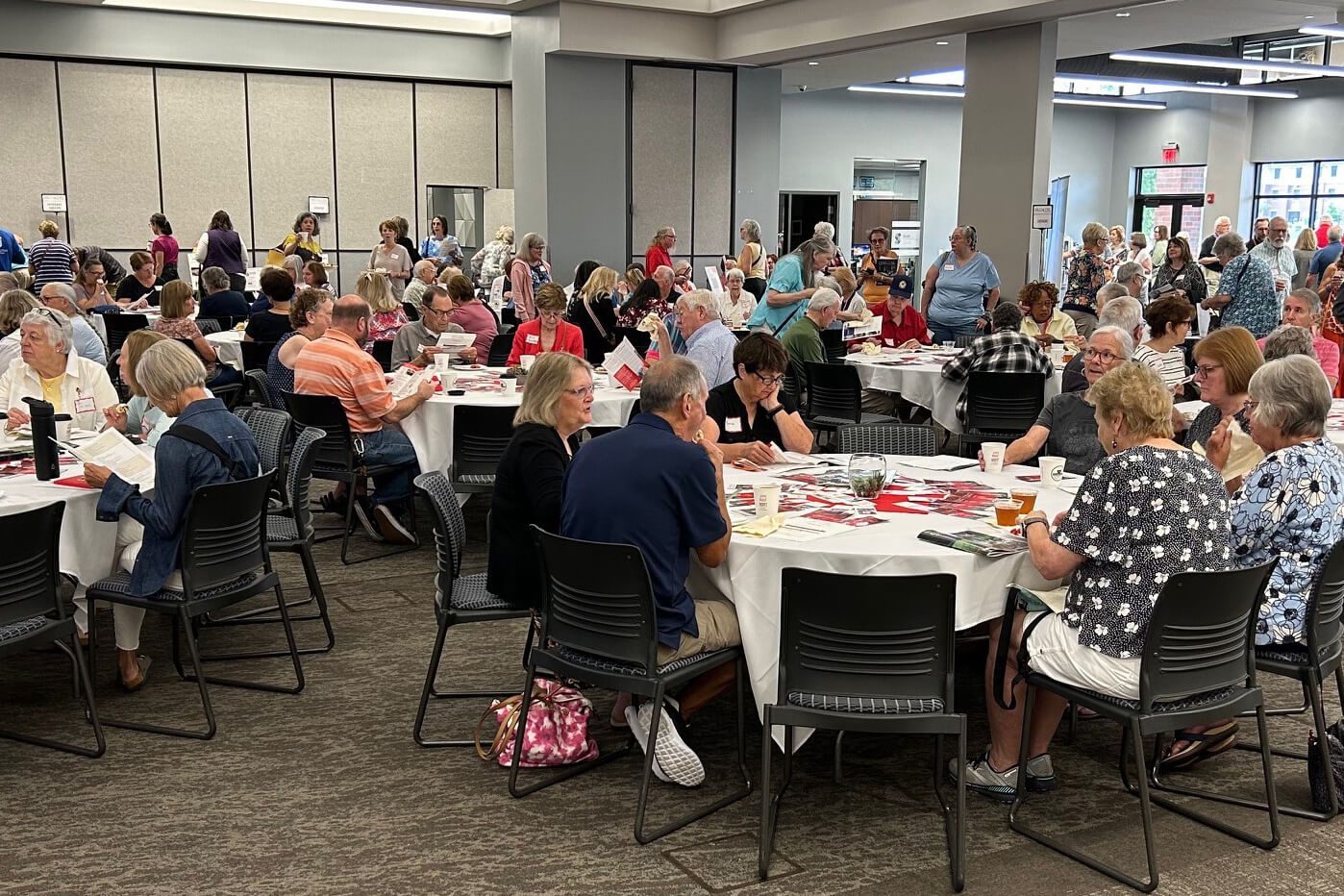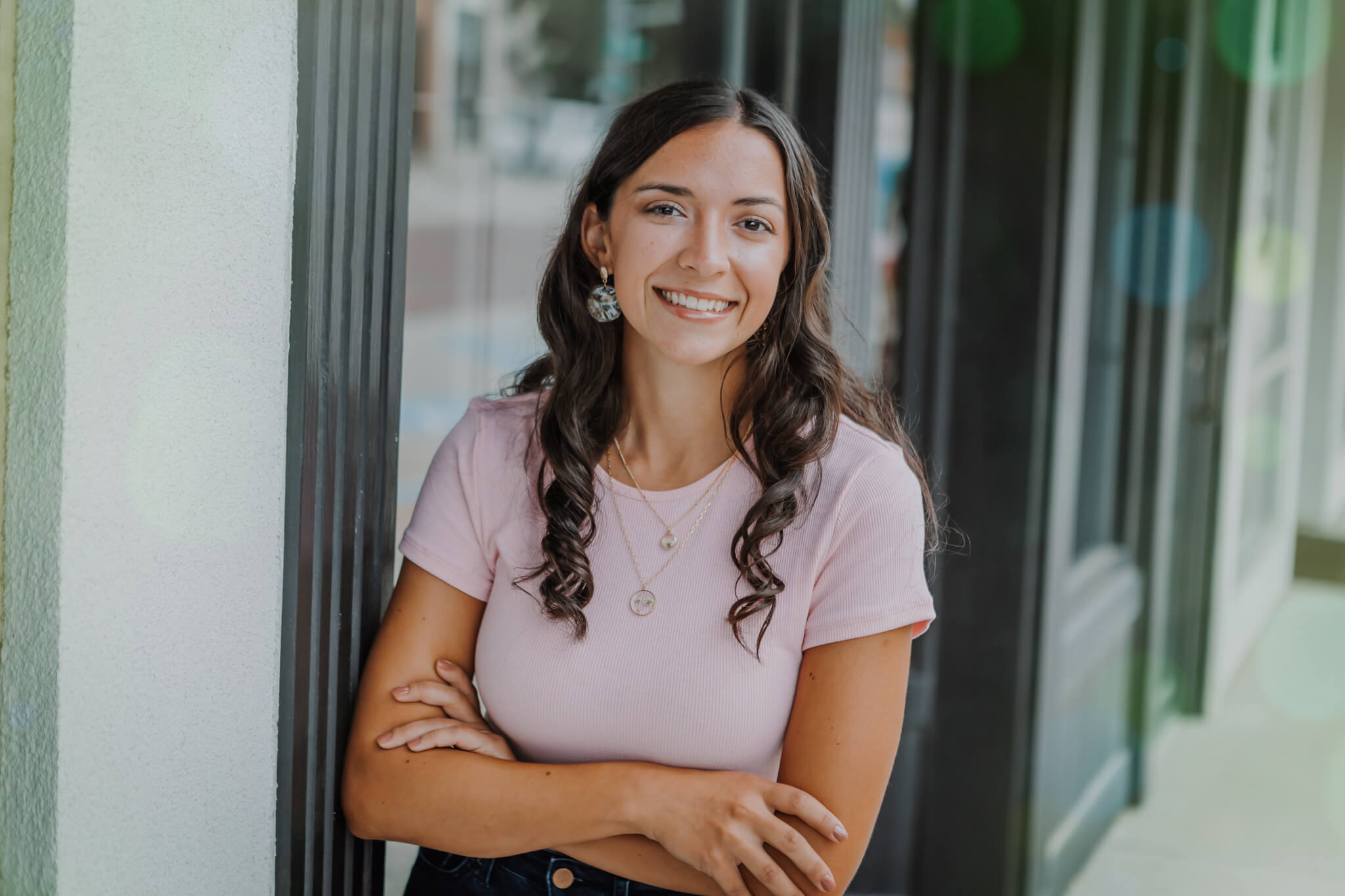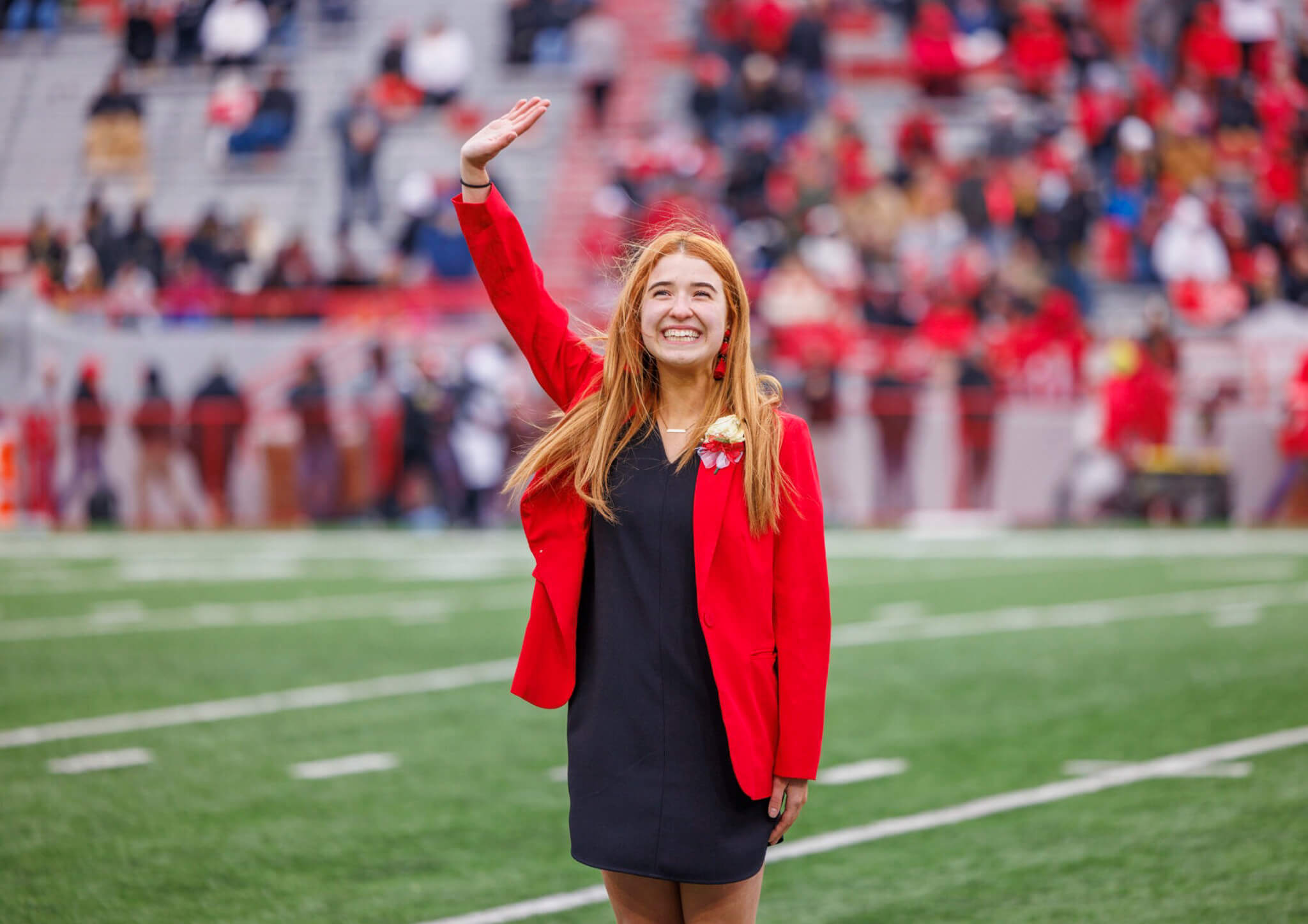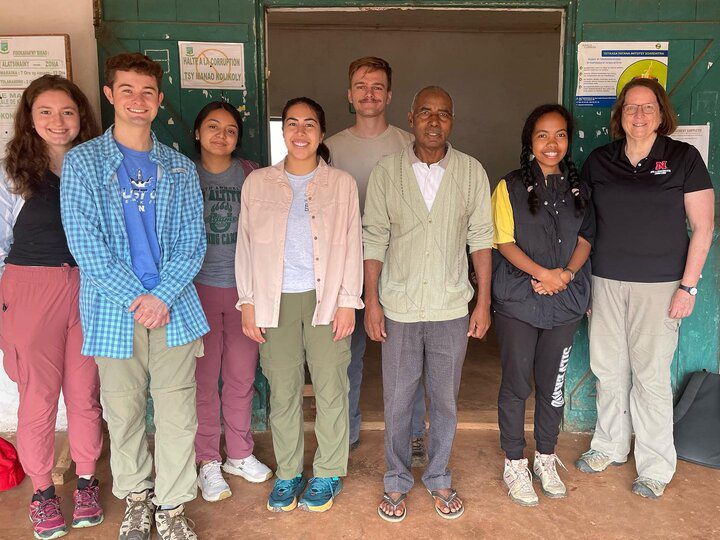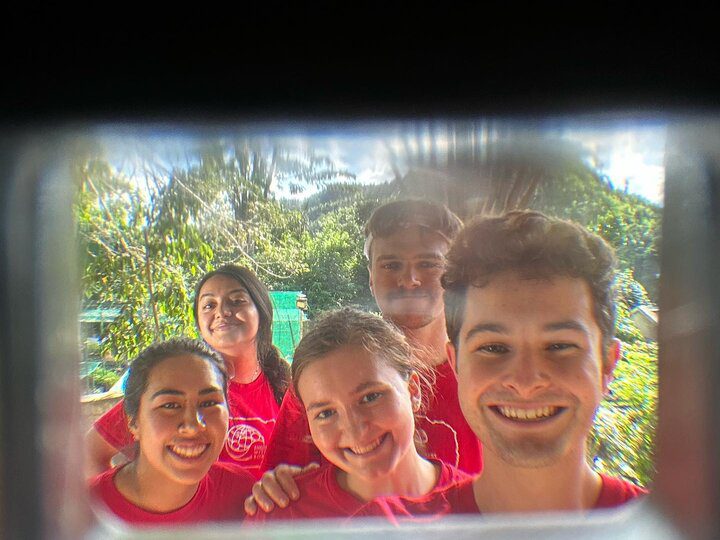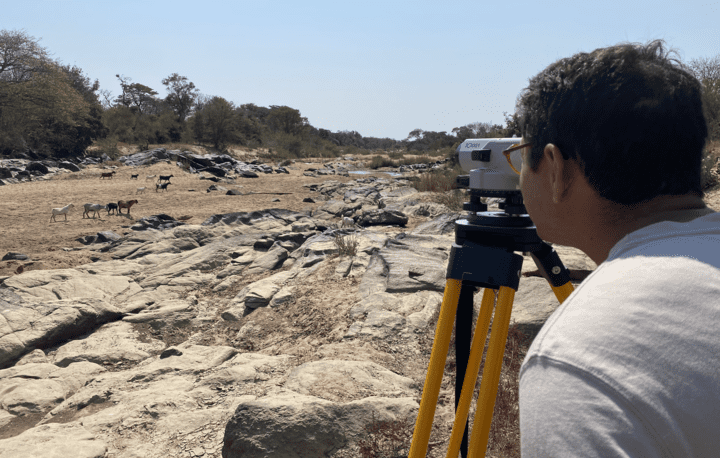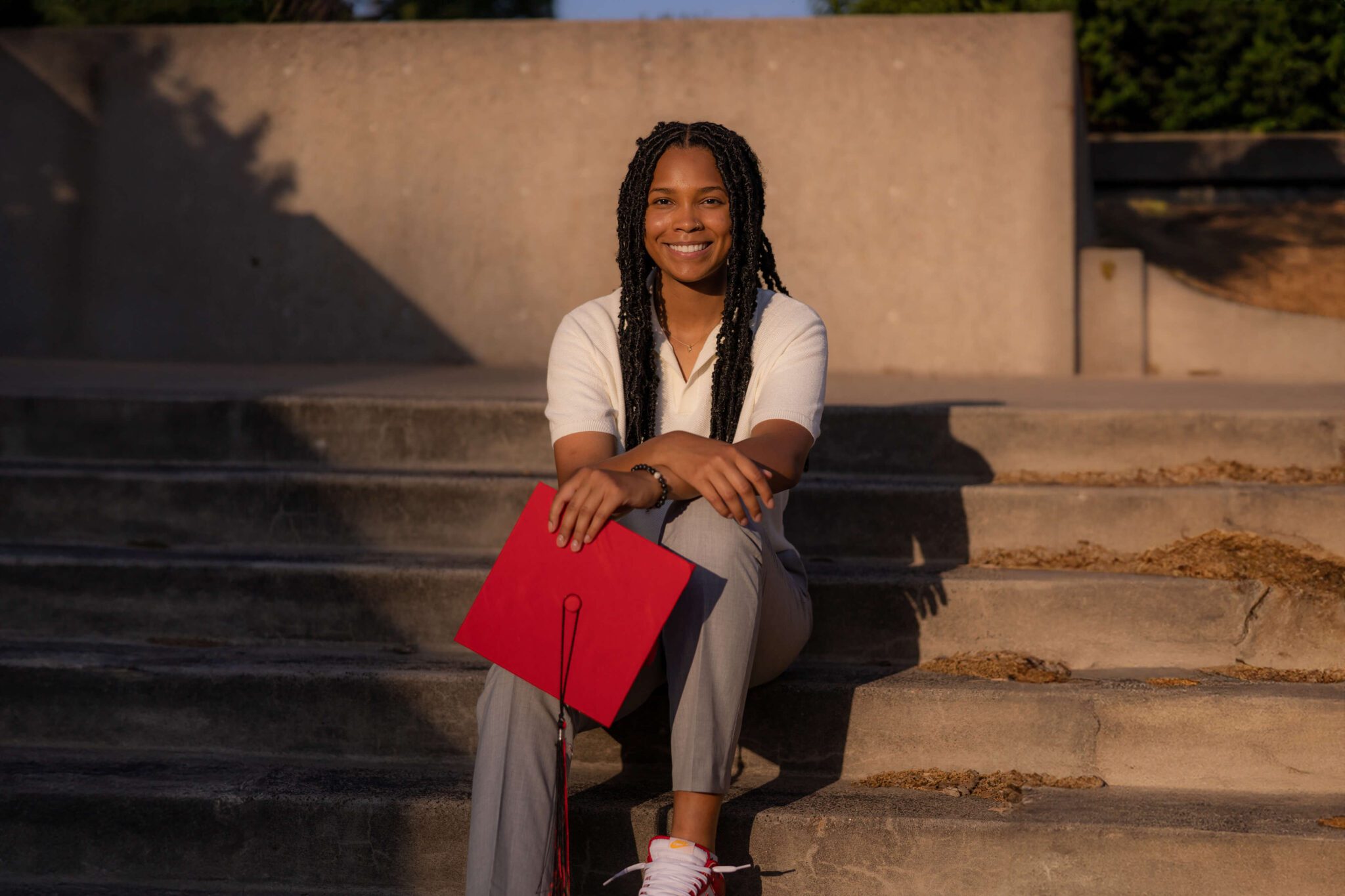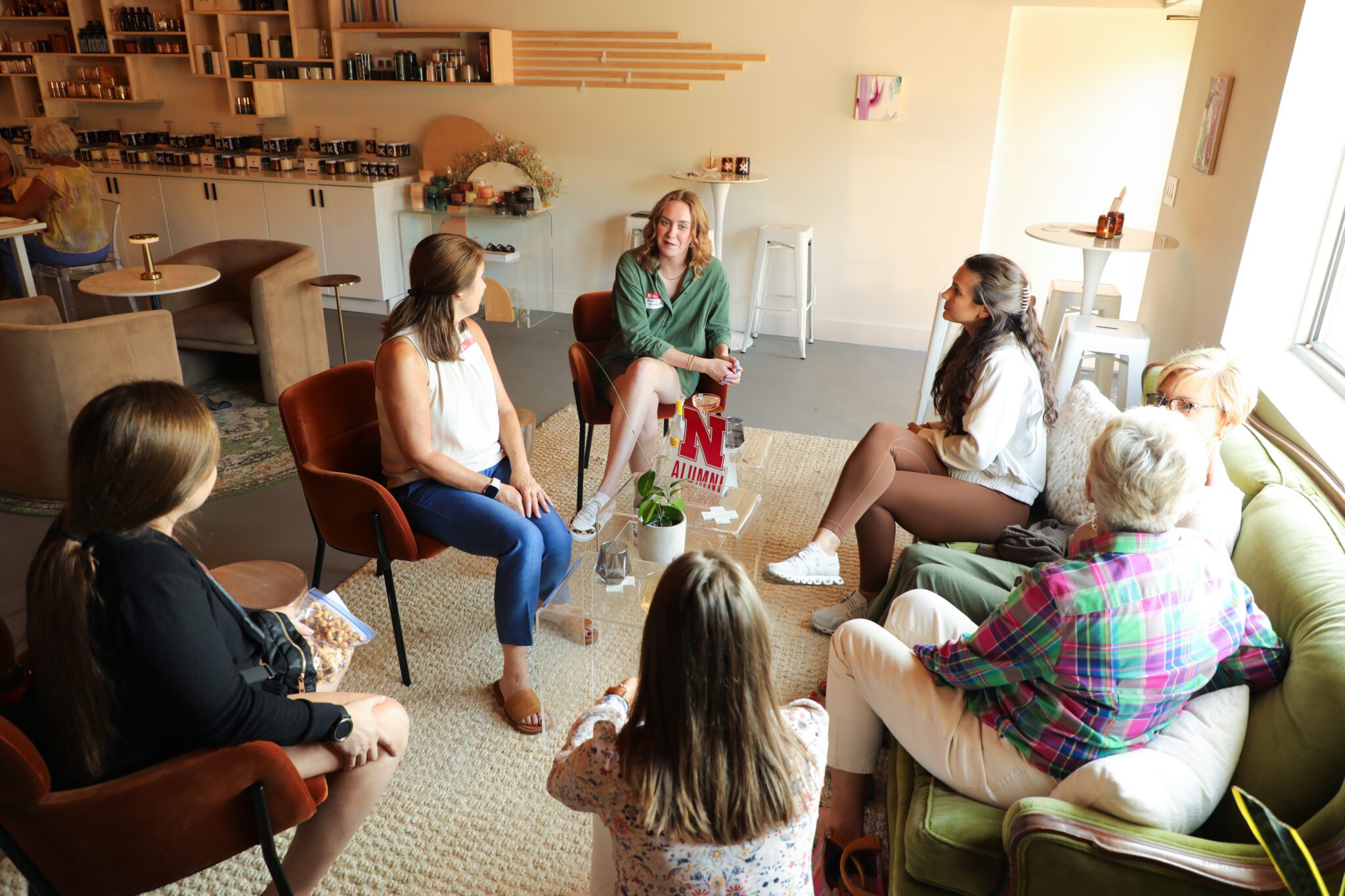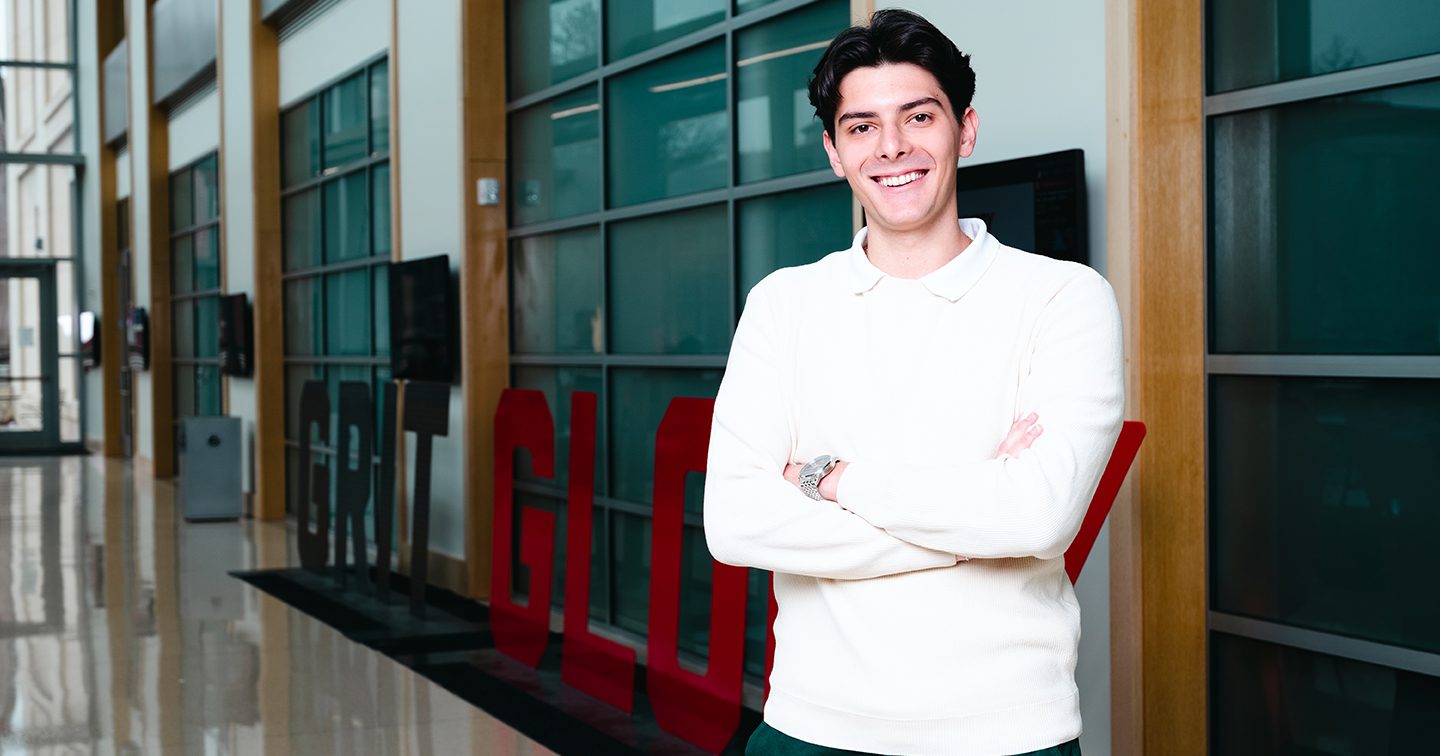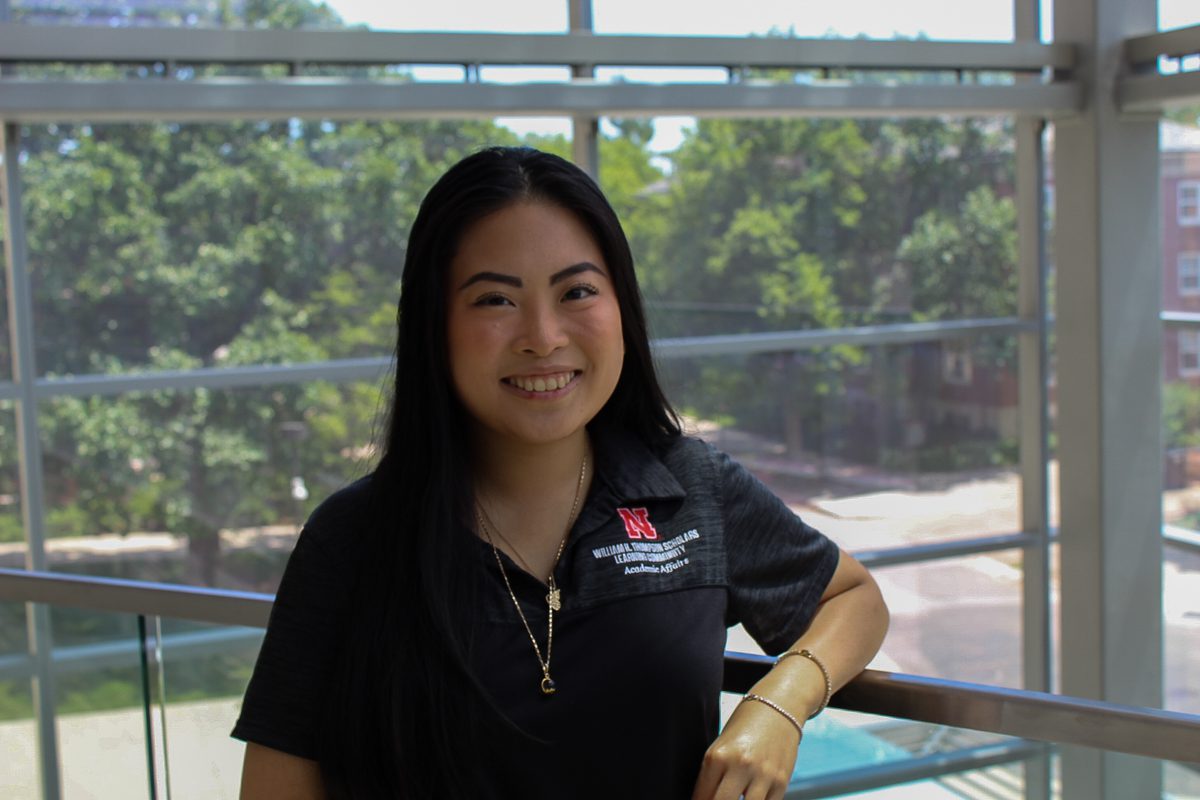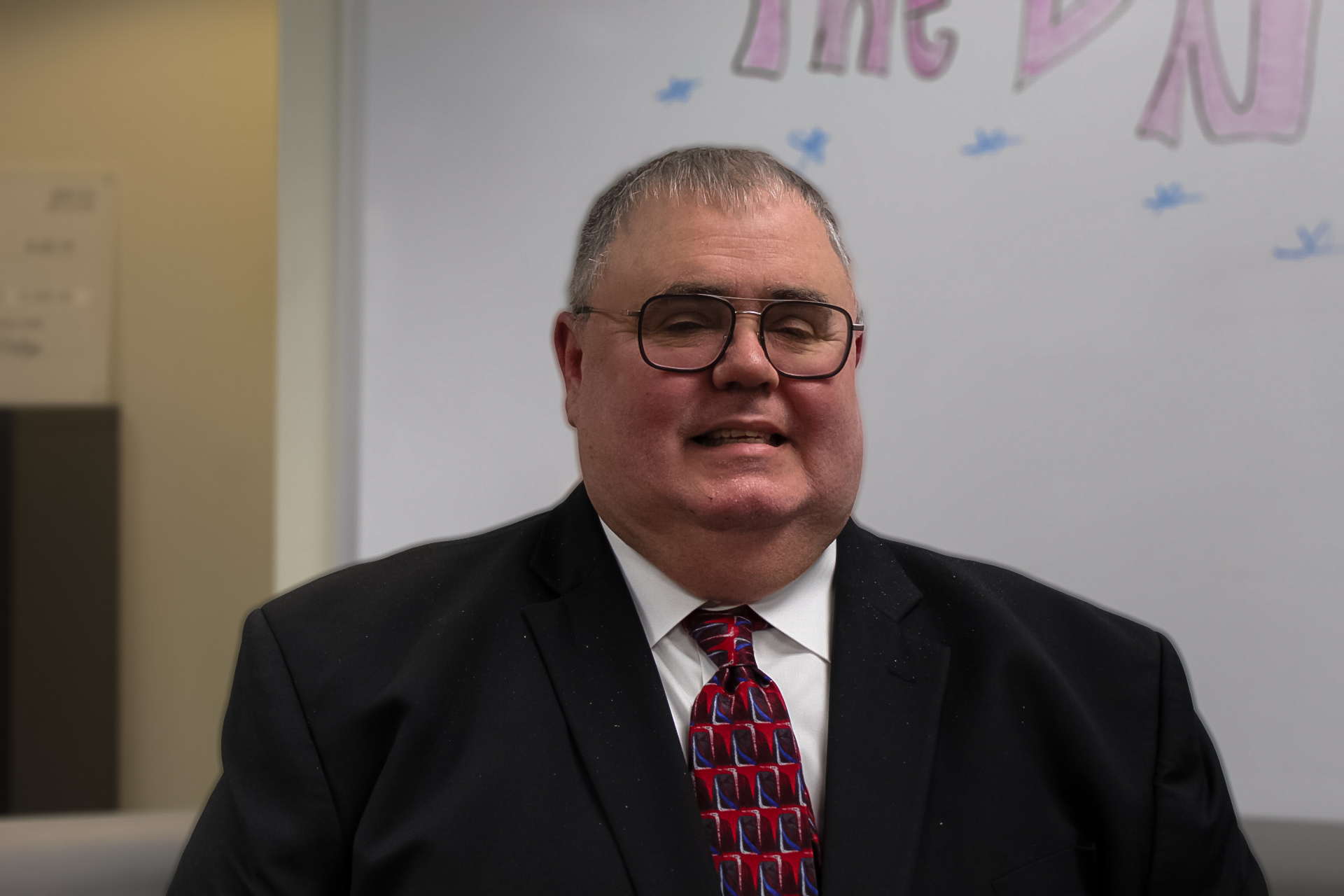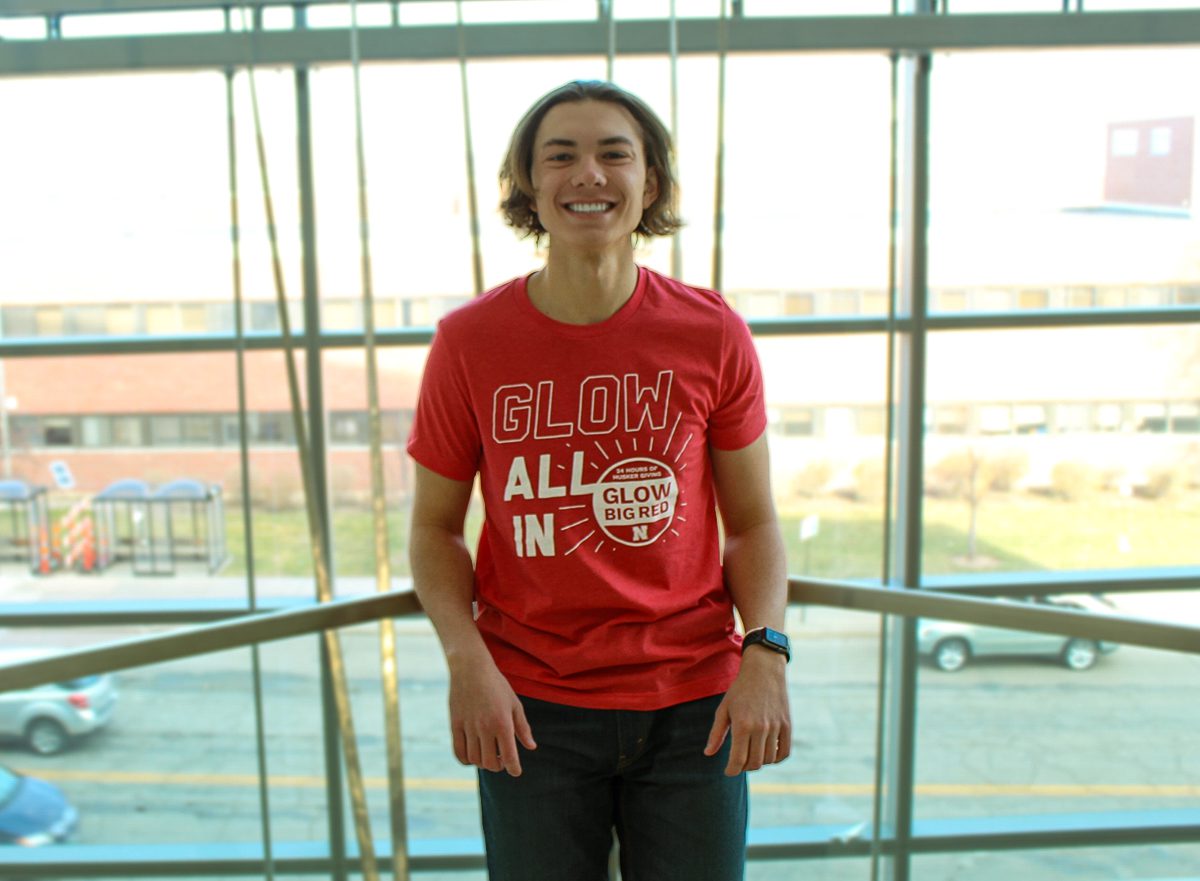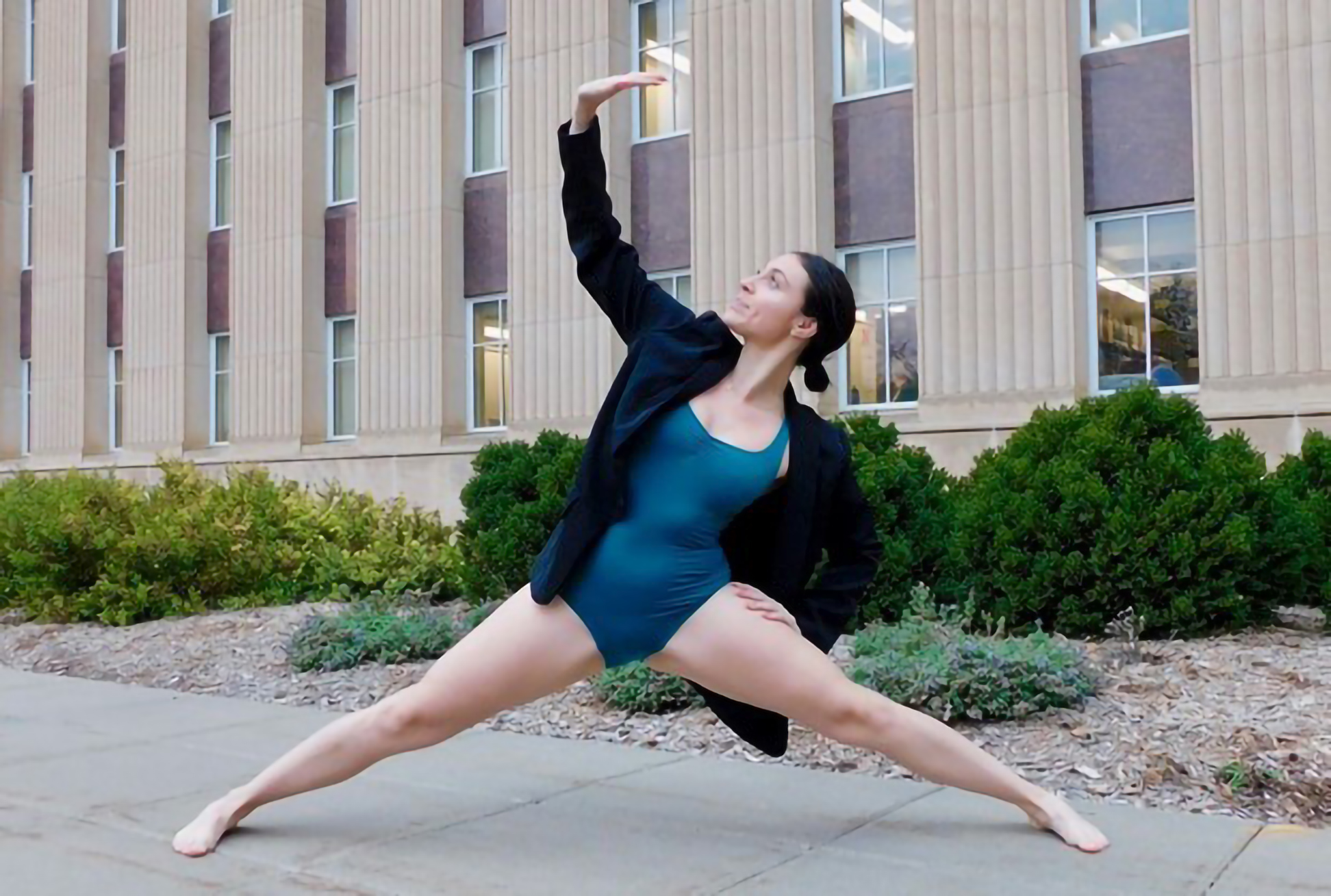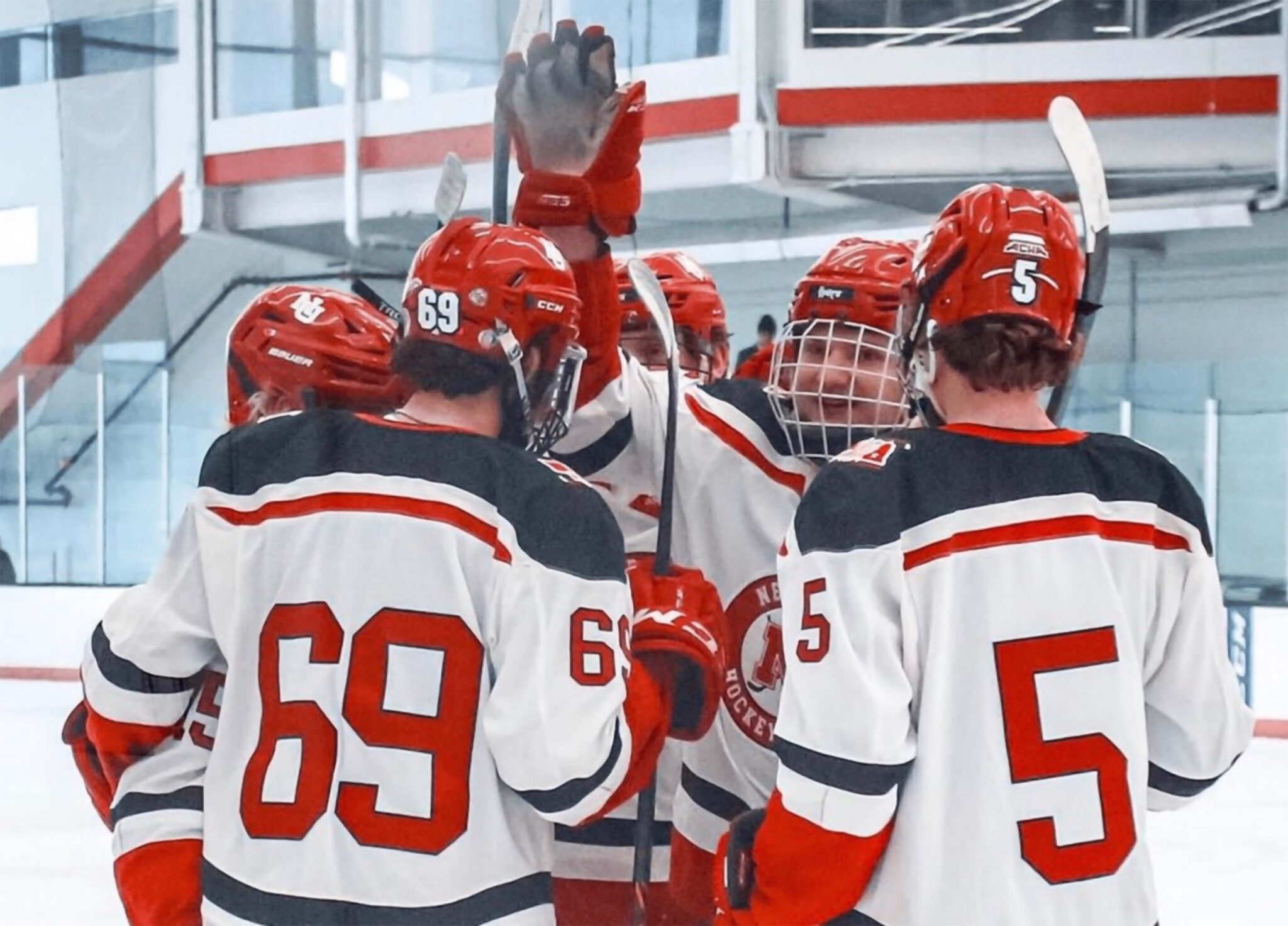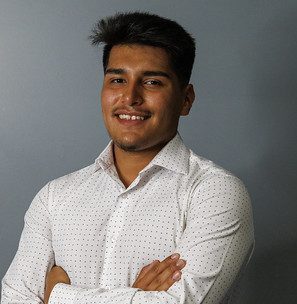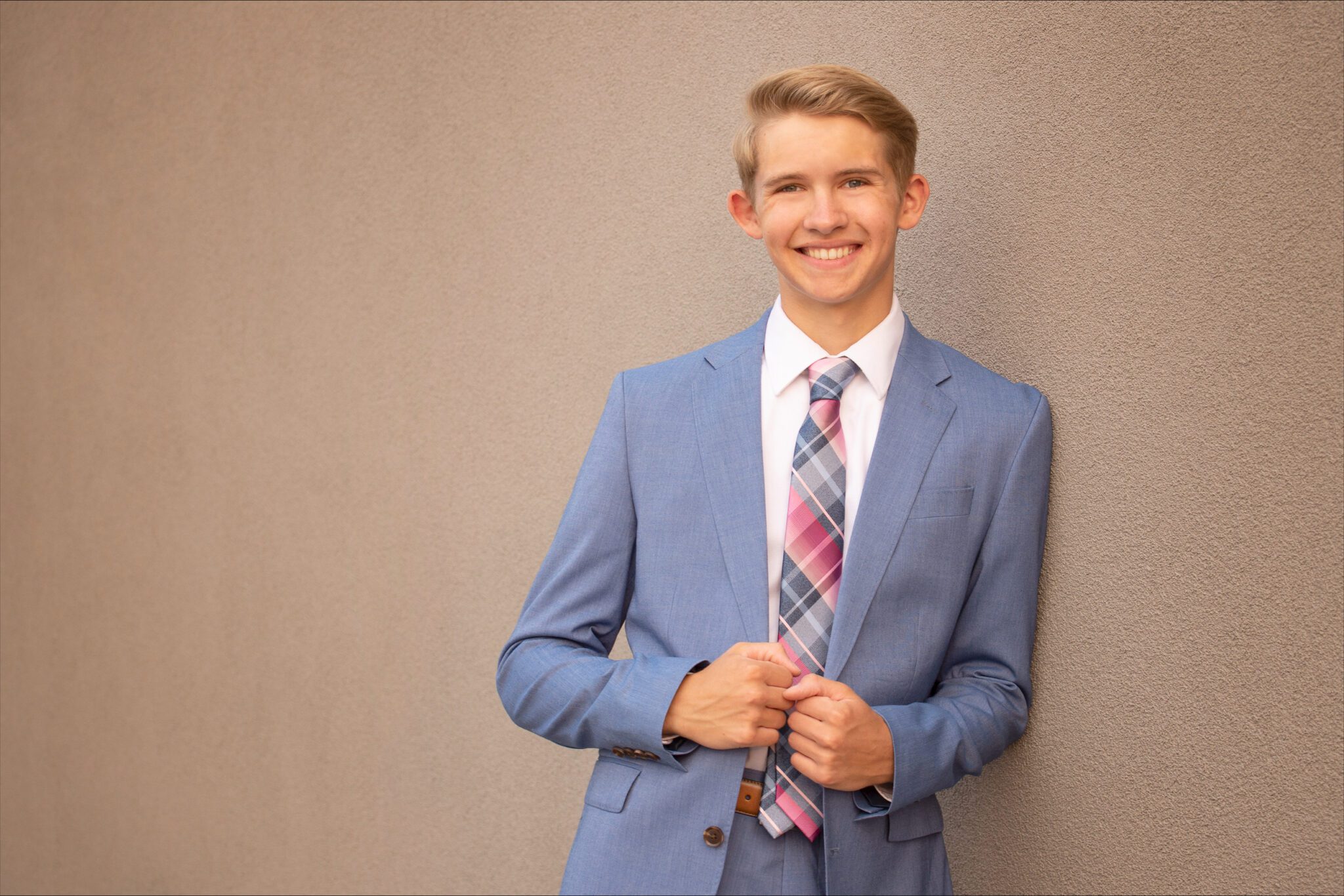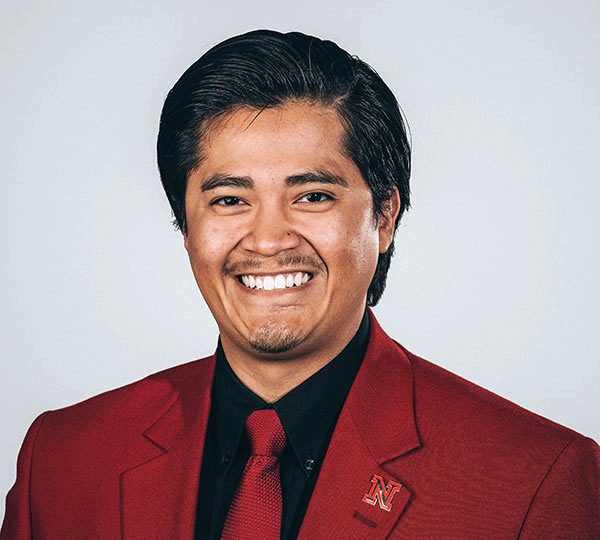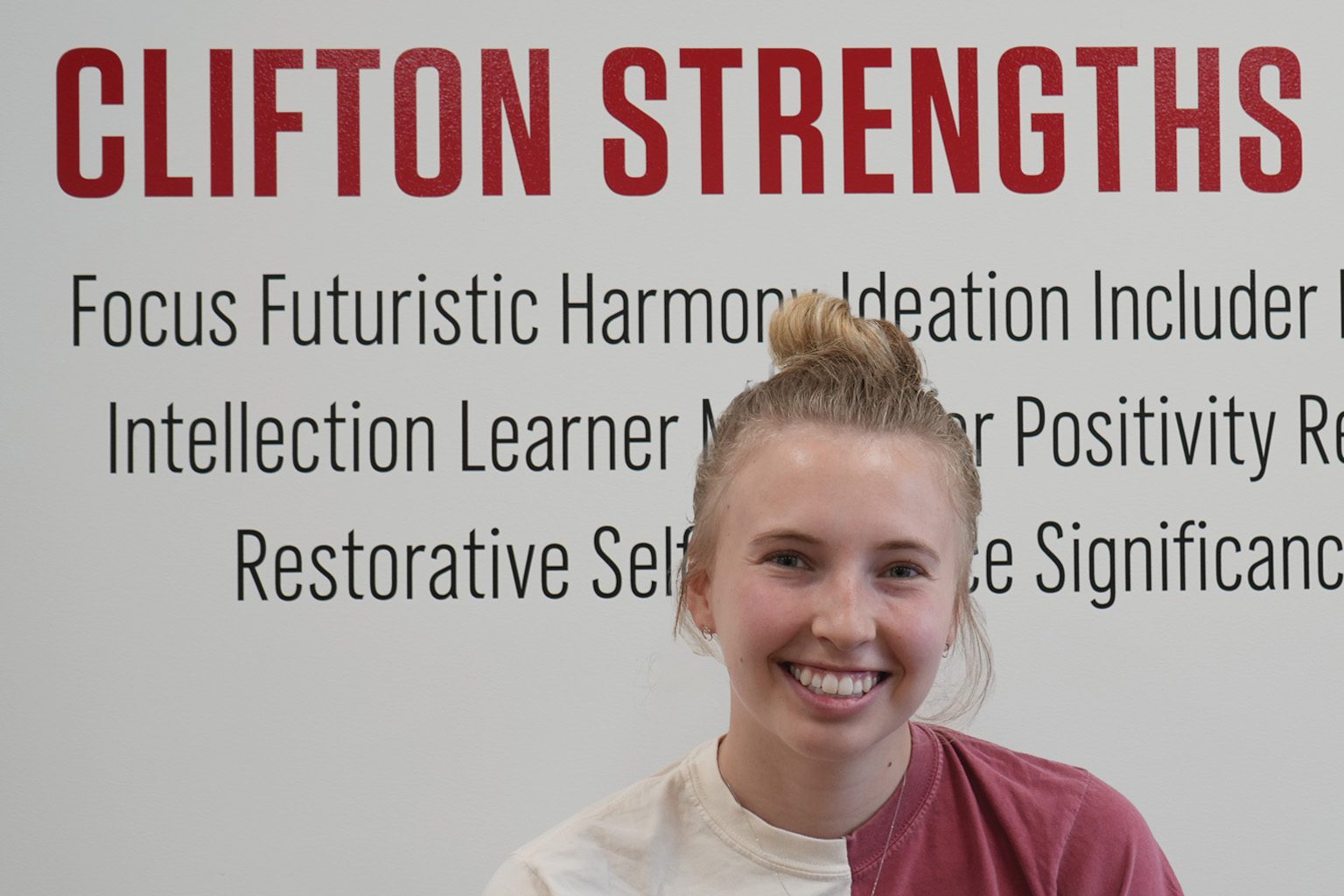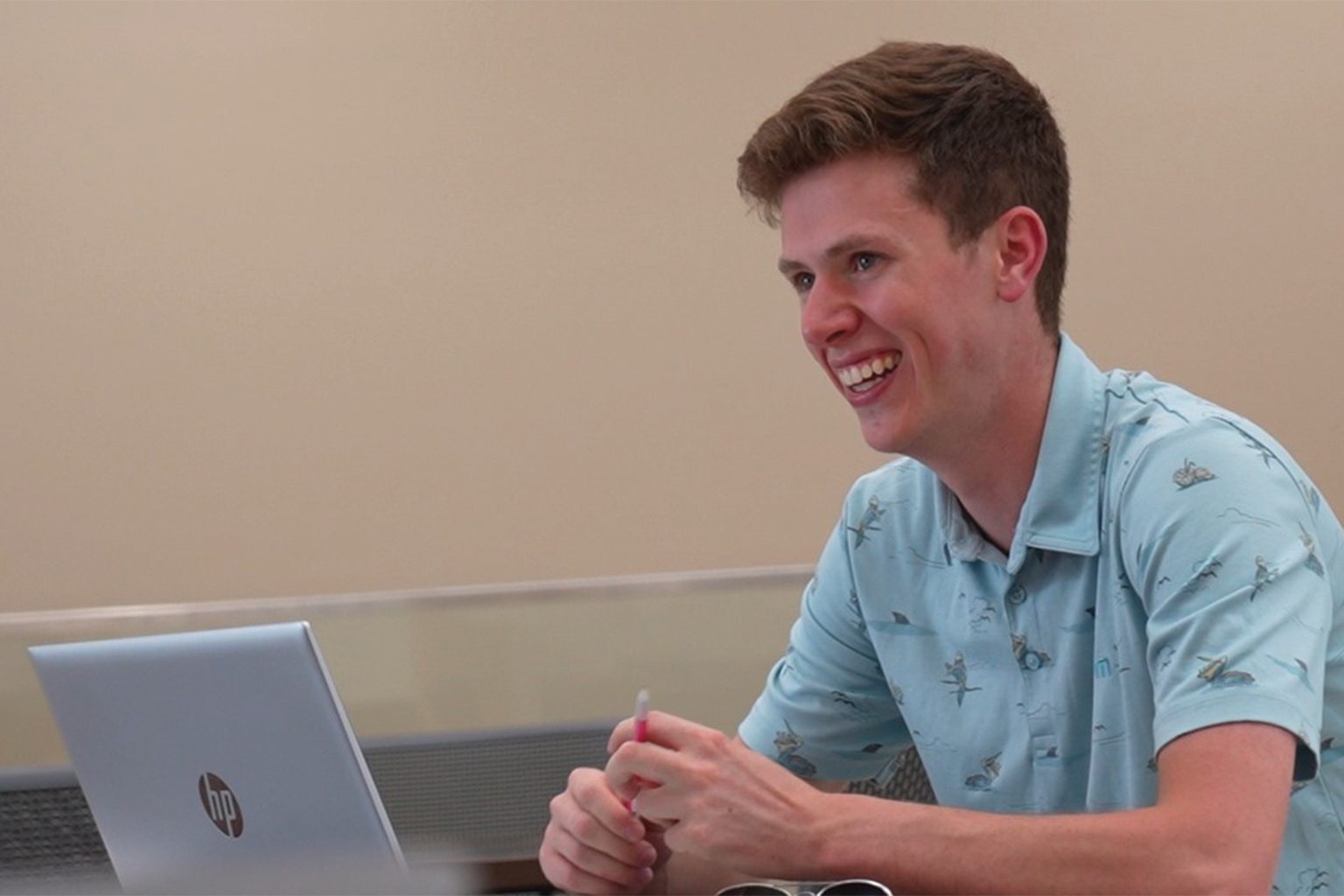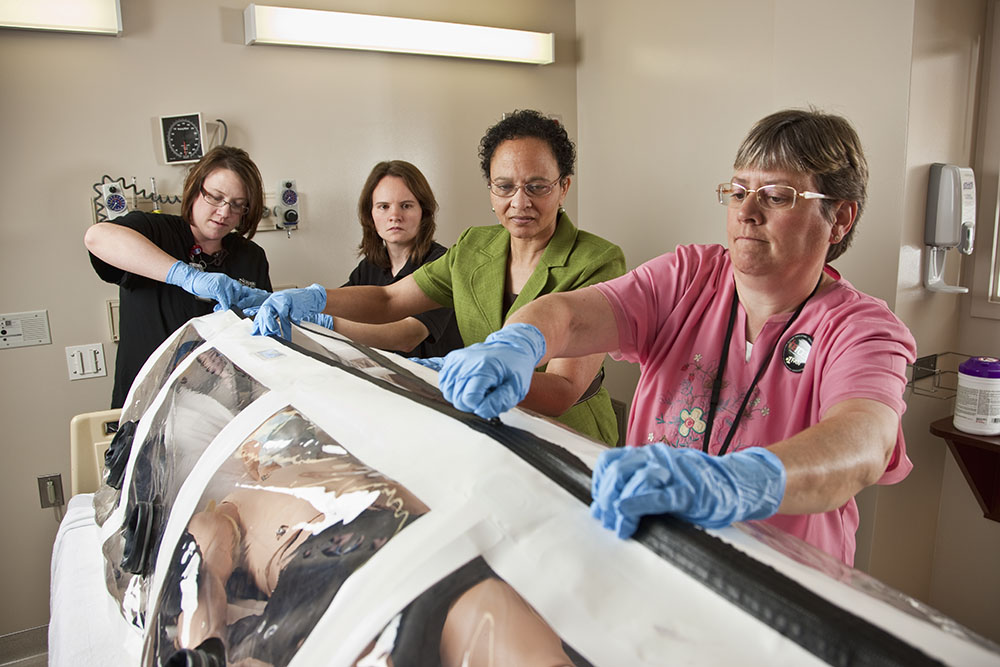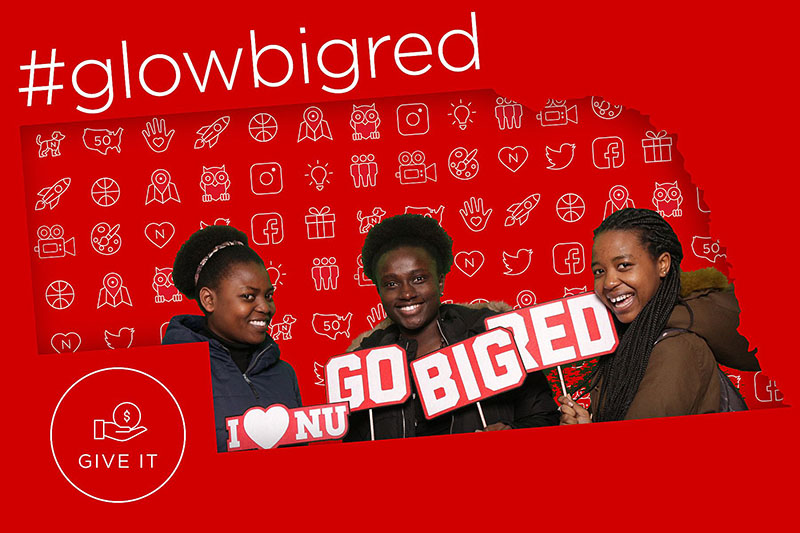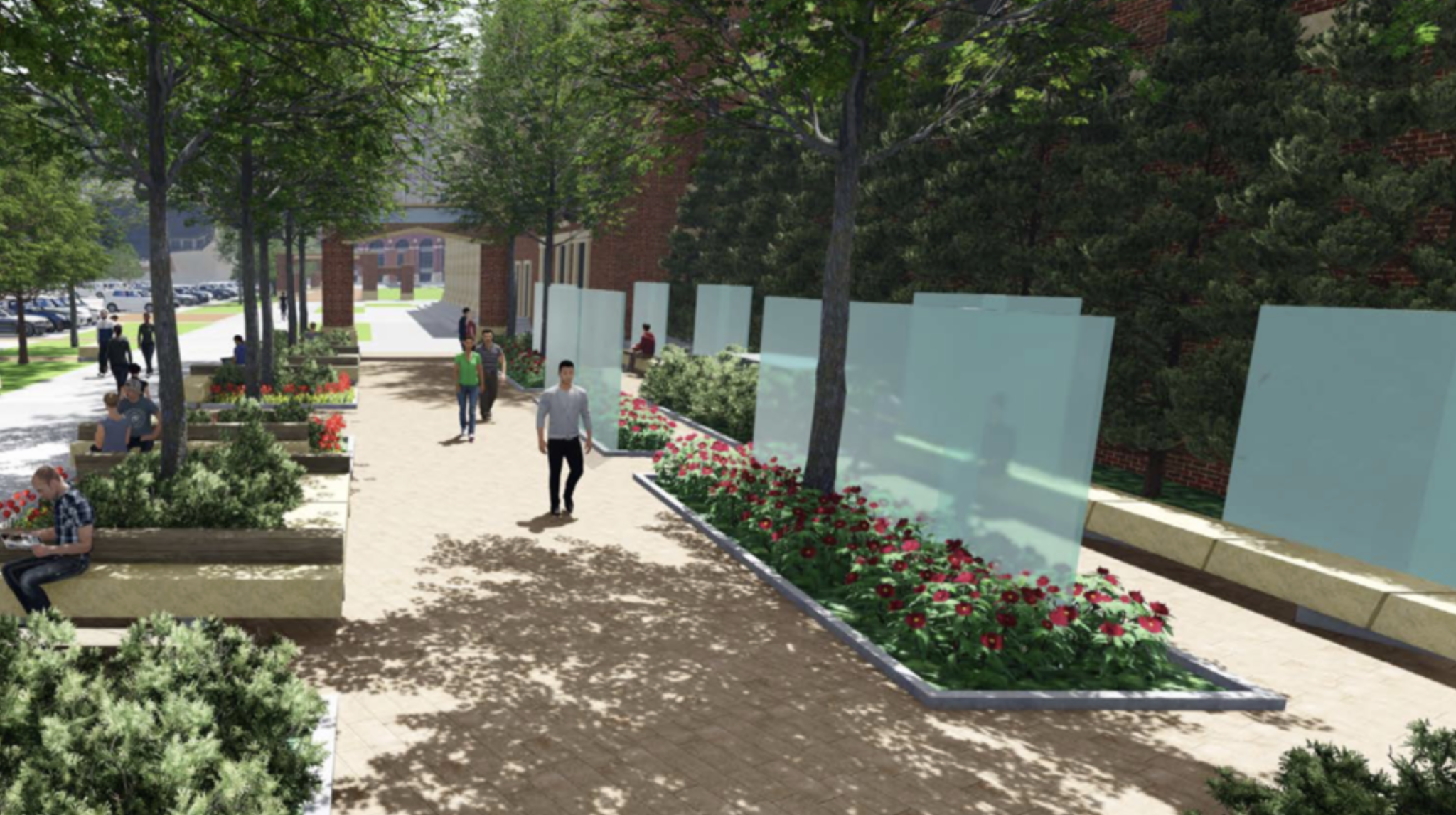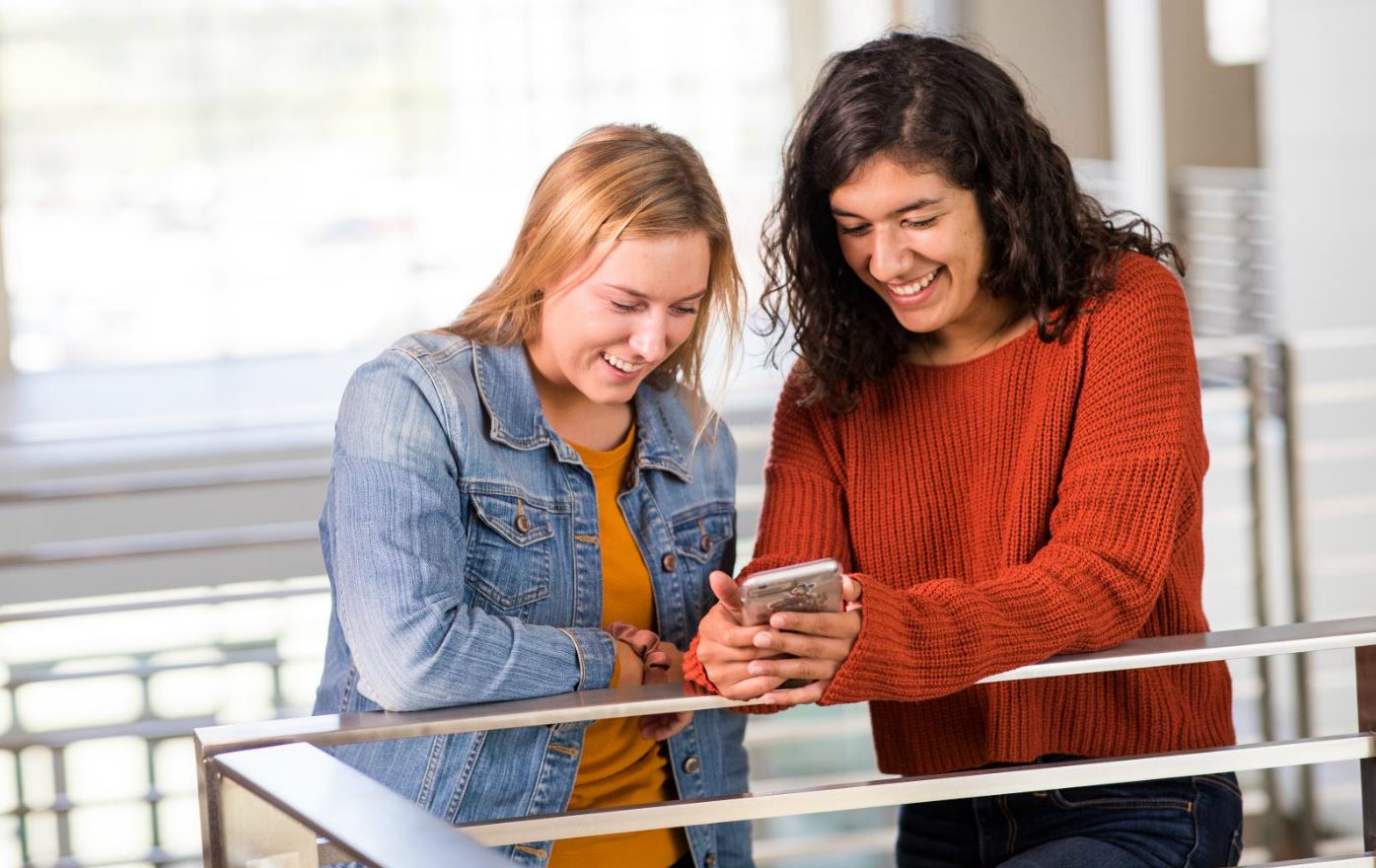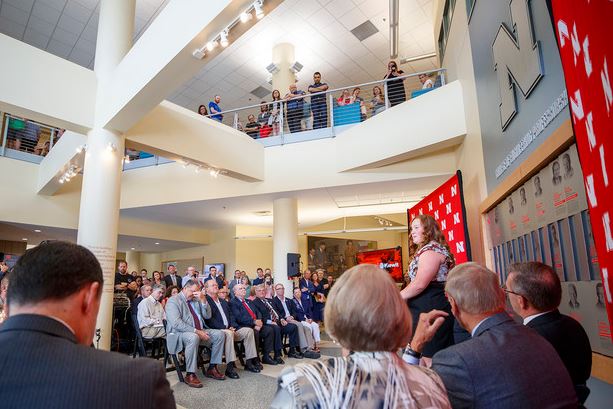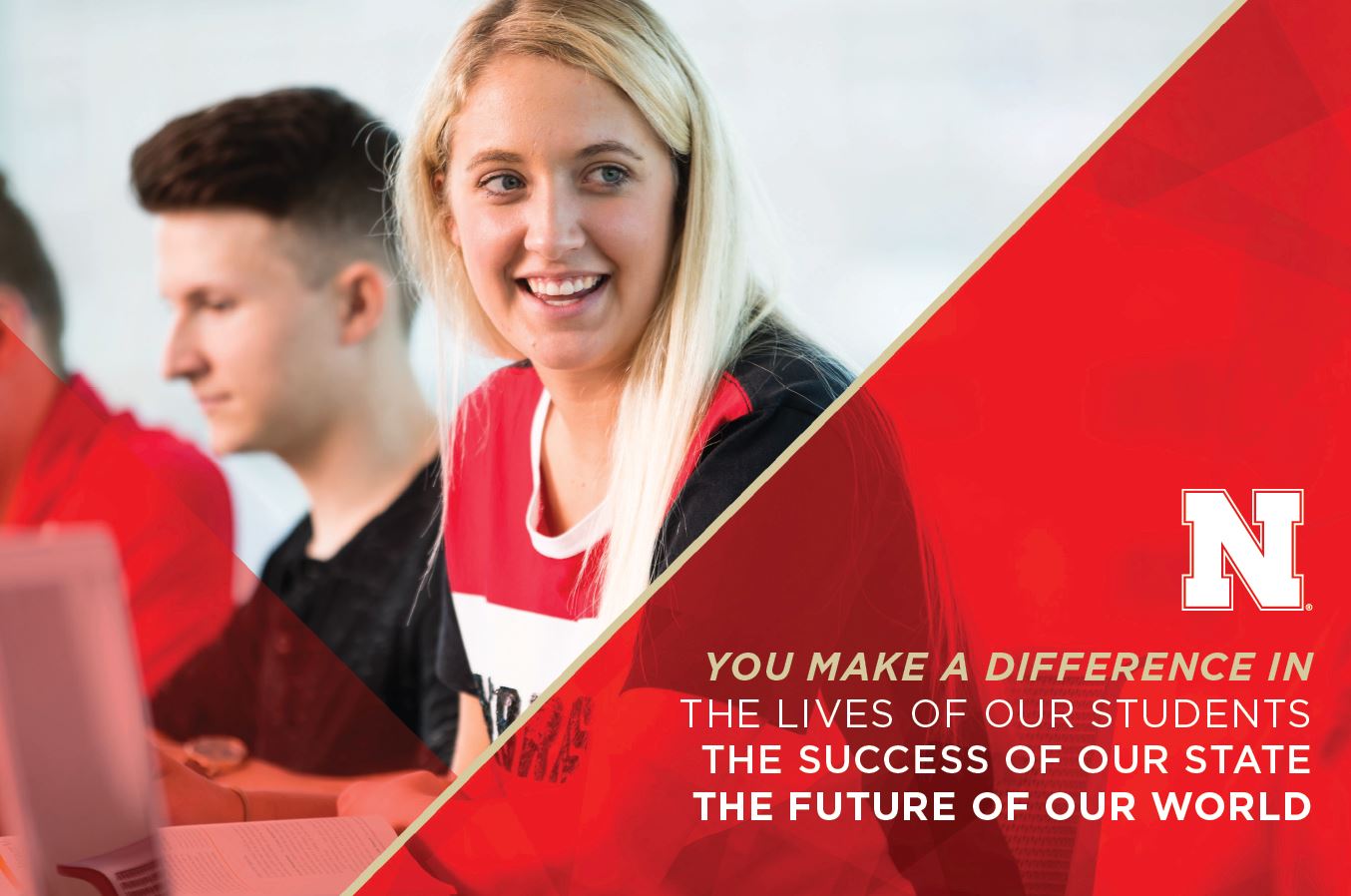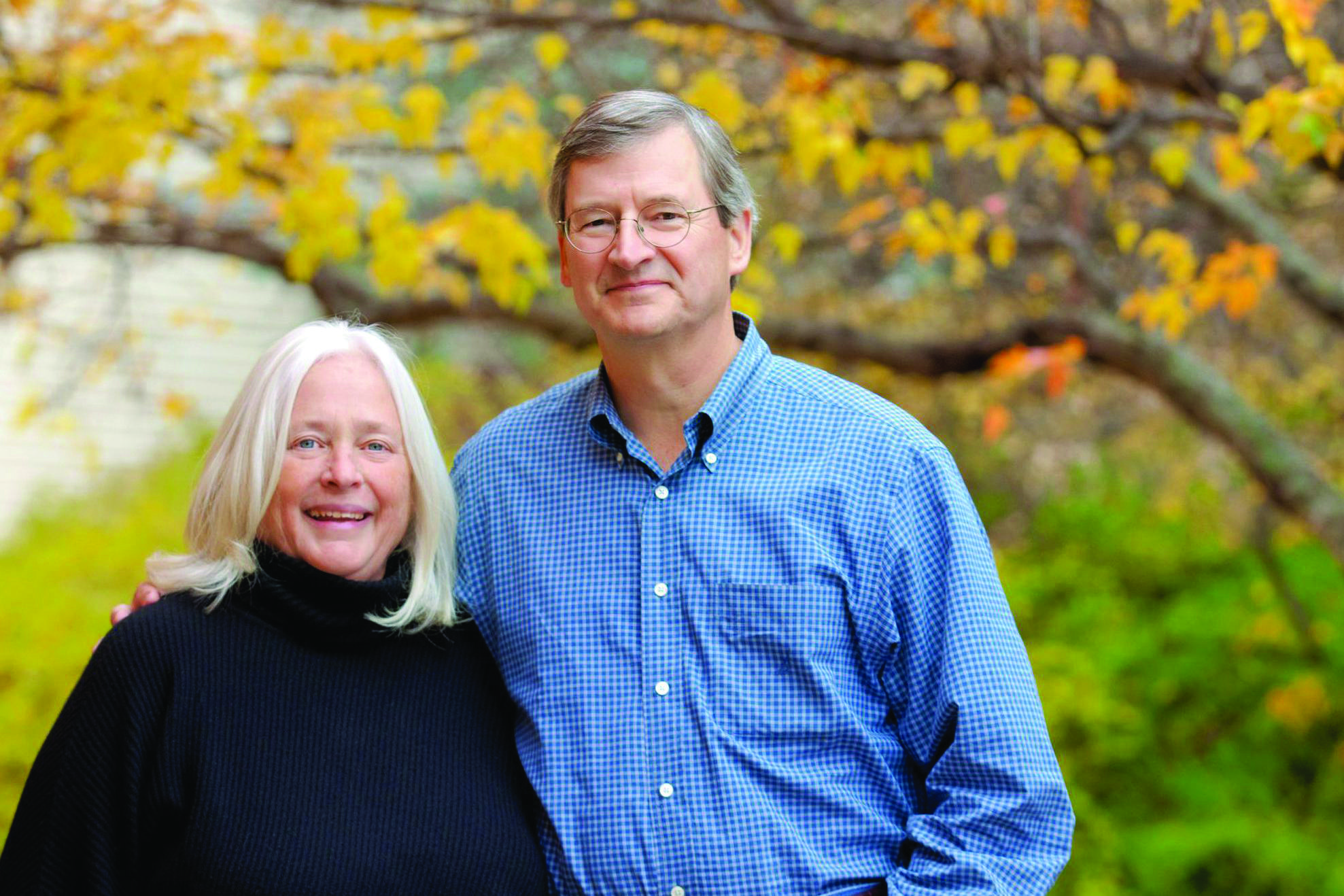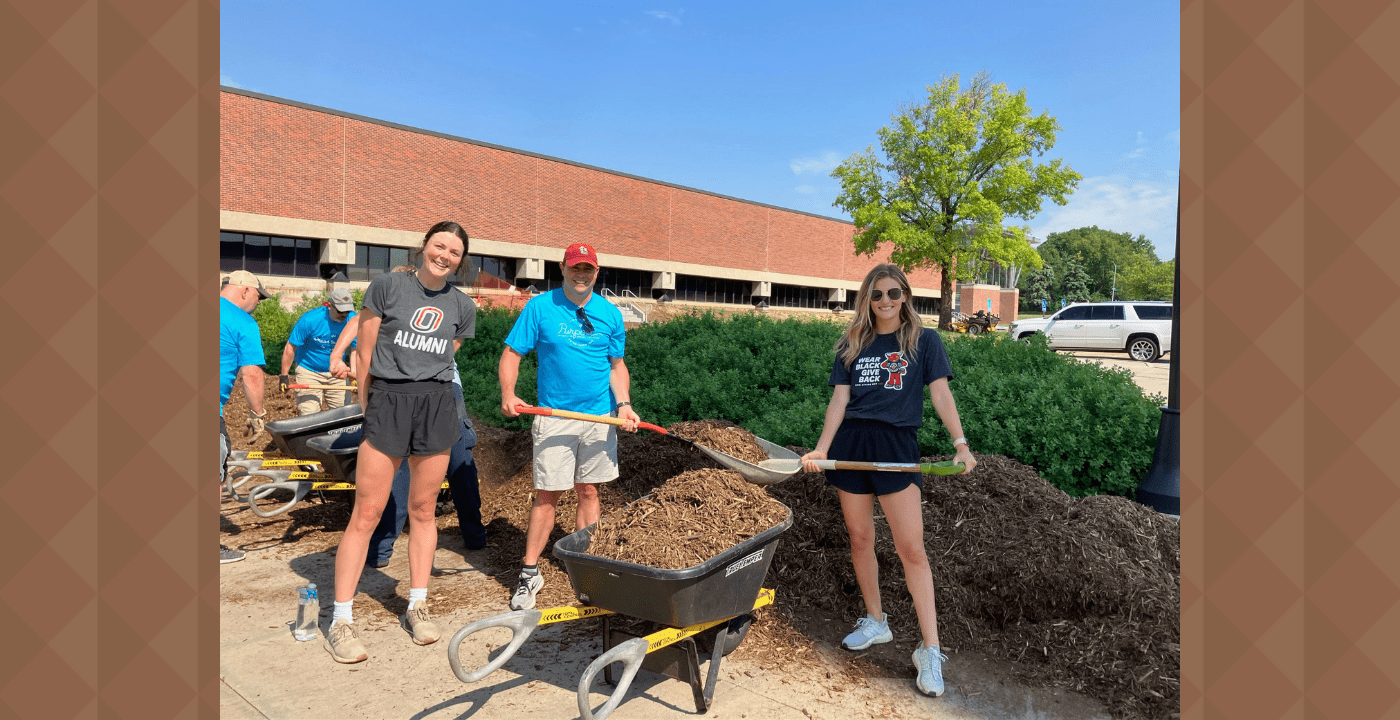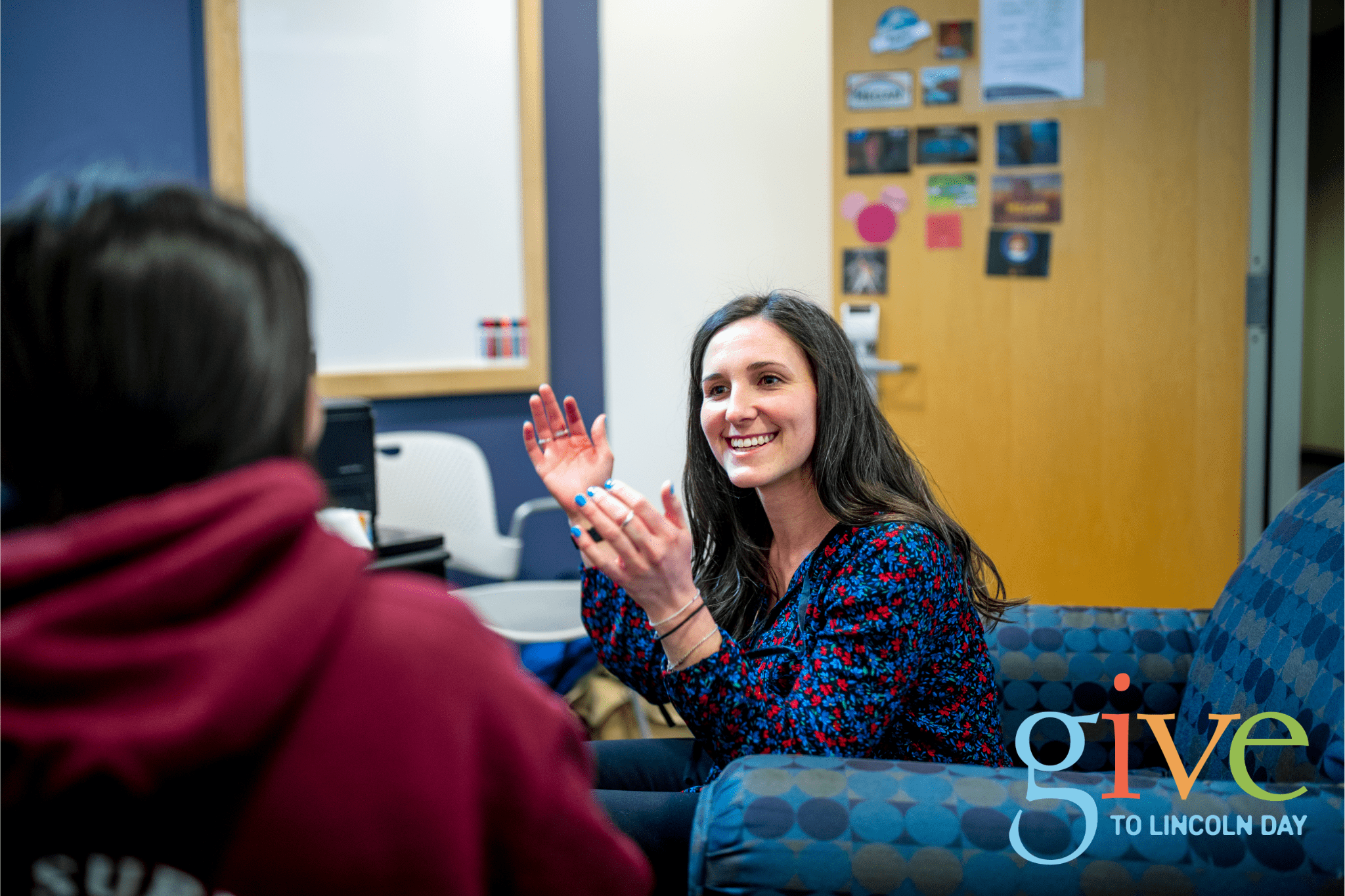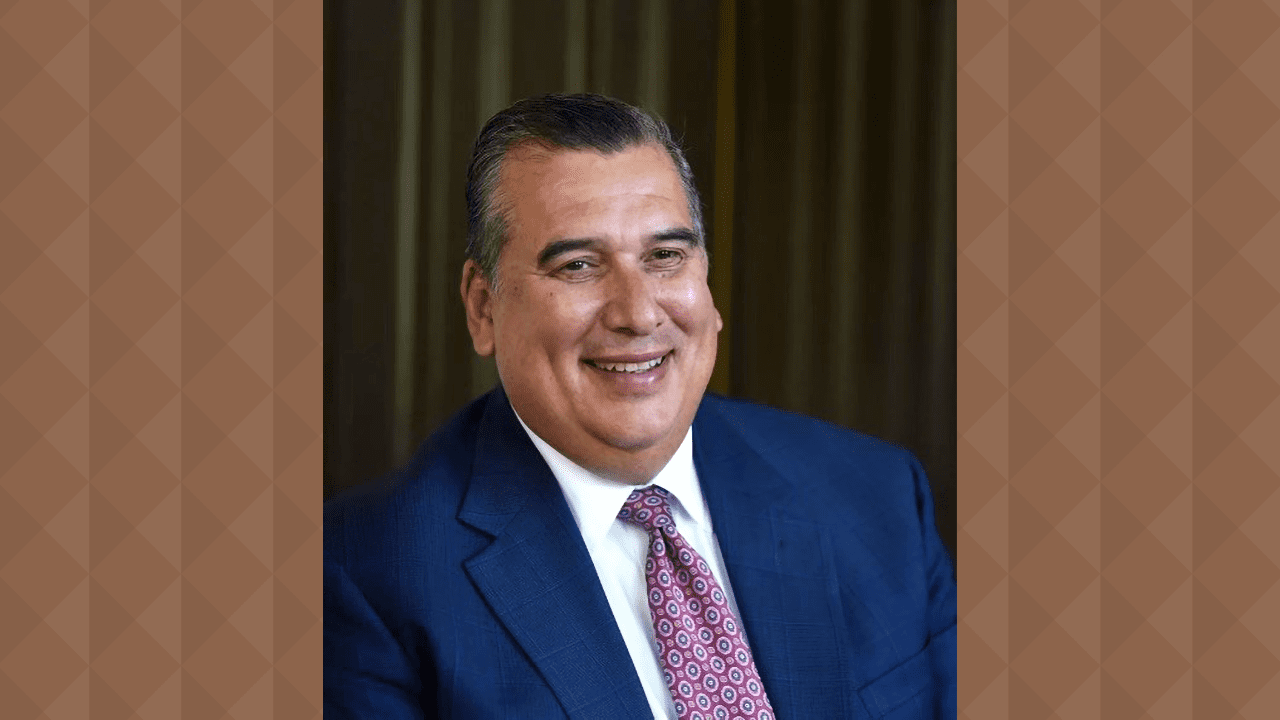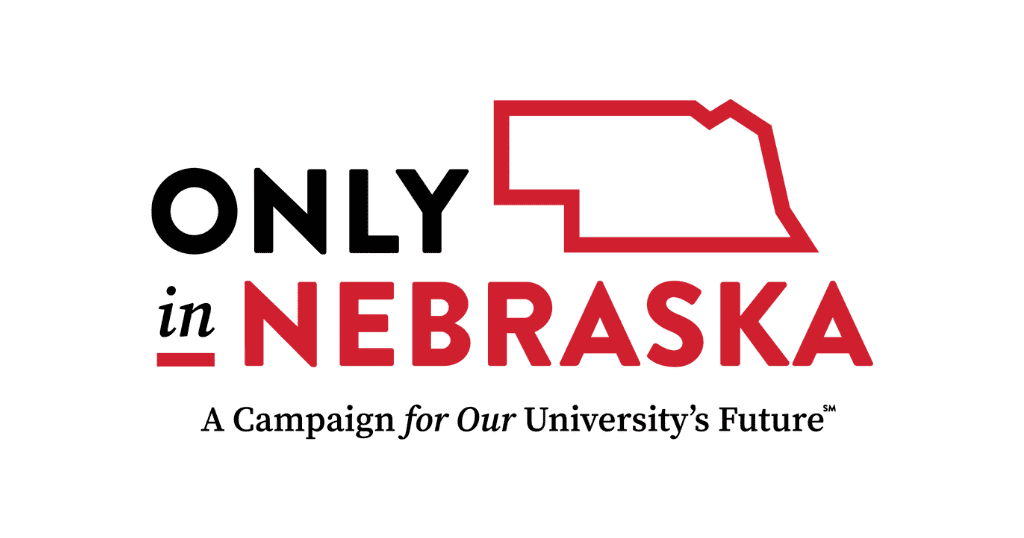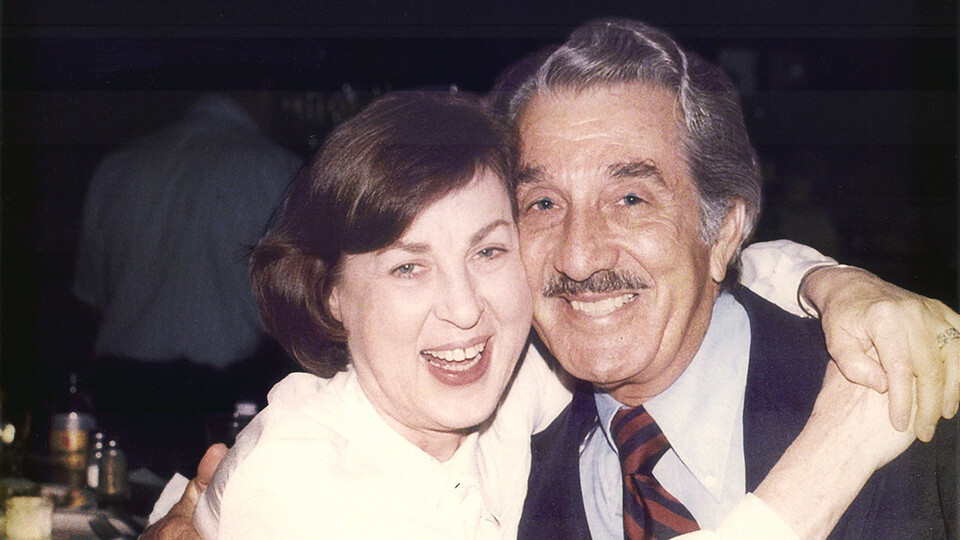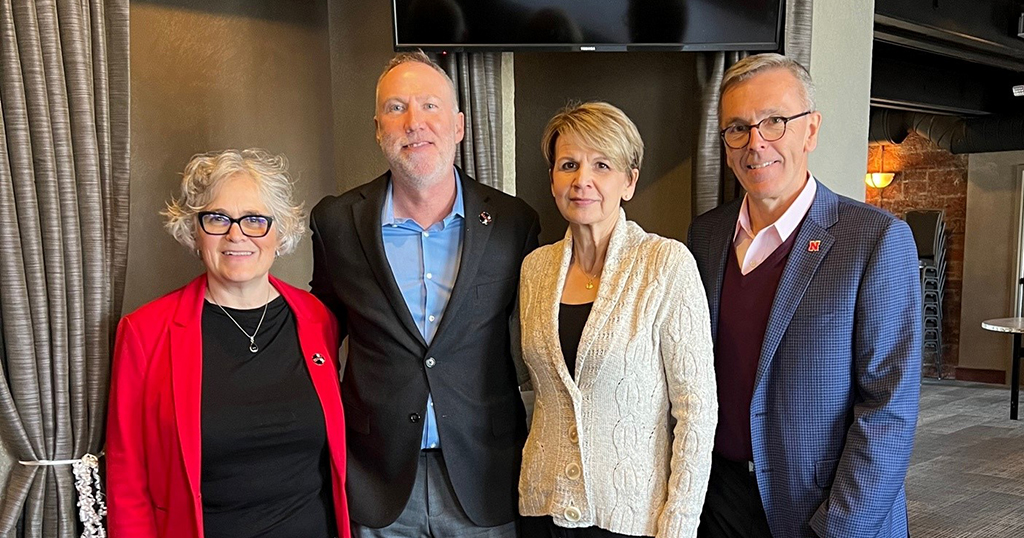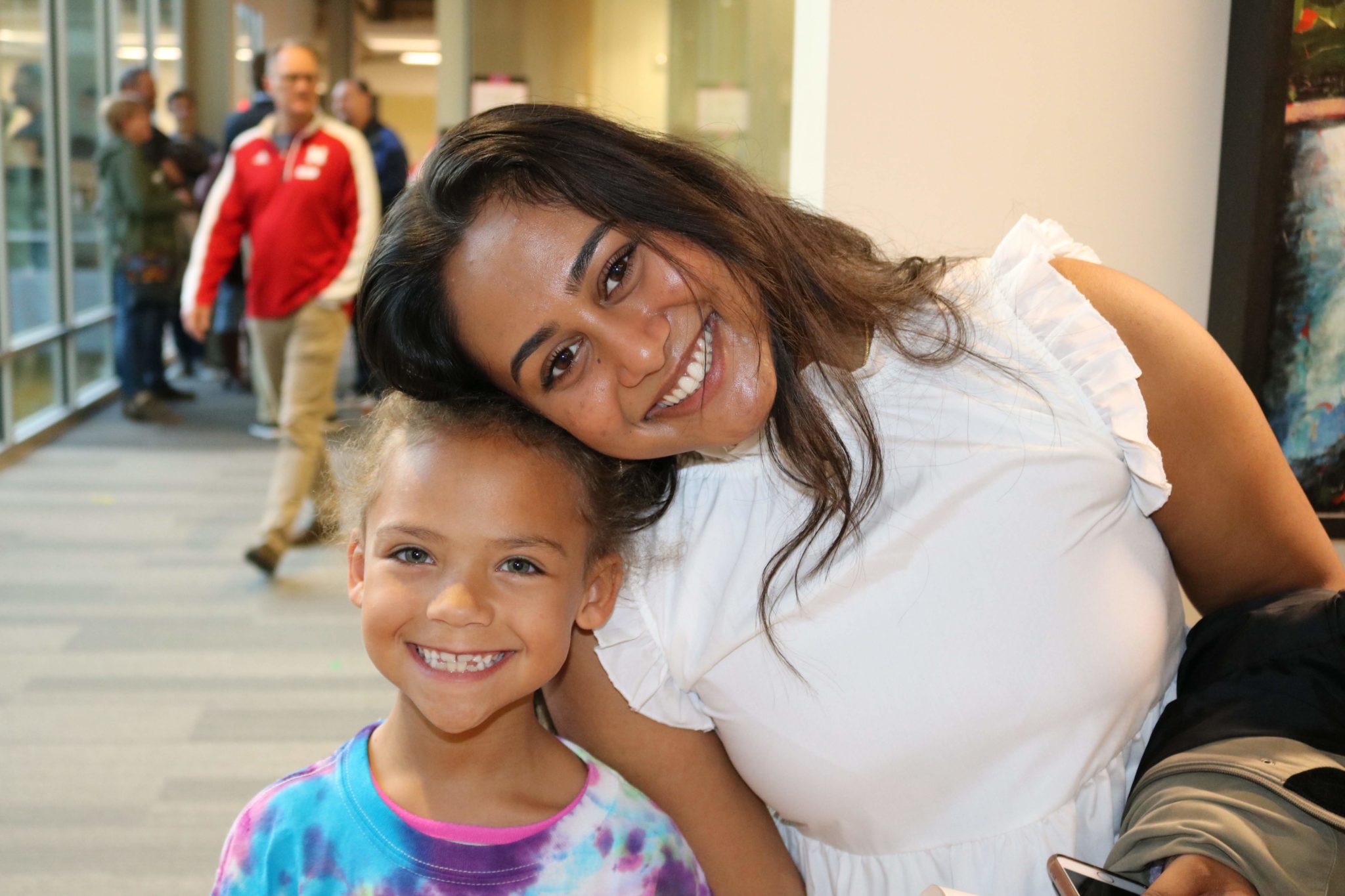Showcasing that shared history has been the mission for IQM since its establishment. IQM first opened its doors in 1997 as the International Quilt Study Center along with a collection of nearly 1,000 donated quilts from Nebraska natives Ardis and Robert James.
IQM has continued to expand and evolve since its establishment over two decades ago. With an extensive collection of antique and contemporary quilts, IQM curates a variety of rotating and traveling exhibitions to educate the museum’s diverse audience.
“We have six gallery spaces that we’re programming, and our exhibitions change every three to four months on a rotating basis. This encourages people to visit frequently because there is always something exciting to see,” Levy said.
That excitement begins with the museum’s curators, according to Levy.
“We love our curators, and they love to research what is in our collection,” she said. “Our curators enjoy researching and pulling those themes and concepts together to help educate our visitors.”
Each year, IQM welcomes visitors from all 50 states, along with international visitors from over 40 countries. With such a robust audience, Levy said IQM is able to provide a deeper understanding about the cultural and historical impact of quilt making.
“Something we love to hear from our guests when walking through the museum is ‘You call that a quilt?’ The genre and world of quilting is much broader than the traditional connotation of the word ‘quilt’. Our curators strive to highlight new developments in contemporary quilt making as well as putting the historical and international anthology of quilts into context for our visitors,” Levy said.
These interactions and opportunities to showcase the significance of quilt making is a central mission of IQM. Levy said donor support has been critical for the museum as it continues to steward its growing collection of quilts and other historical objects for the next generation.


